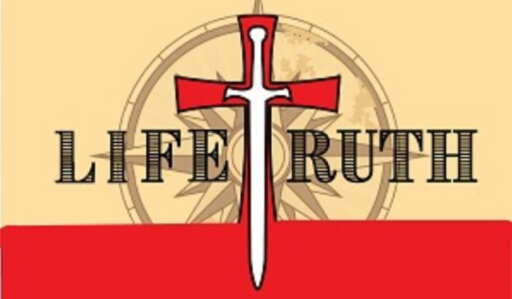our usual cast of characters presents remarks on this brief passage. Keith, Nathan, and our favored radio Bible teacher J Vernon McGee all add a few opening remarks before getting started.
Jesus makes a controversial statement, that he is the vine. It’s controversial because the understanding up to this point is that the nation of Israel is the vine. Jesus’ claim is that he is the true, or faithful vine. He also quickly establishes the relationship that a vine has with the farmer, comparing it to his divine relationship to his heavenly father.
He then focuses on branches that either bear no fruit, and fruitful branches that only need pruning to bear even more fruit. Whether branches are entirely cut out, or trimmed, the work is done rightly so by the farmer. Branches that are unproductive are “lifted out,” a phrase that definitely implies they are removed and taken away. At this point what the branches represent has not been stated, but we will soon find out who and what he is talking about.
Cleansing, or purging, or purifying are all ways to translate what Jesus describes the branches need at this point. A good branch needs to have periodic medical treatment. With our modern technology that might mean spraying or fertilizing plant. In Jesus day, as J Vernon McGee points out, they would actually wash the plant with soap and water. When a branch is in good shape, this is all it needs to continue bearing fruit. What is the medicine we need to keep us clean and pure? The word of the Spirit. Stay in touch with reading the Scripture.
The remaining thing a healthy branch needs is simply to abide. This should seem obvious, since branches by nature are attached to the vine. All they do is remain as they are, and with the life-giving sap from the trunk they naturally produce fruit. There is an interwoven relationship when fibers from the vine form natural outgrowth to the branch, and branches are intertwined through those fibers to the vine. Jesus’ comparison to his disciples should make it clear that this same tight and interwoven relationship to him is the point. His disciples should always seek to maintain close, interwoven relationship abiding in him, and he in us.
Just in case the readers, the disciples haven’t figured it out, Jesus makes it emphatic that he is the vine and his disciples are the branches. The comparison between vine and people should also make it clear the relationship that we need Jesus to constantly be branches that bear fruit. Branches who detach themselves will be bearing any fruit for very long. Again, this close relationship with Jesus is what abiding is all about. When we are abiding, we are sure to bear not only some fruit but much fruit. Outside of this relationship with Jesus it’s just not possible.
If anyone does not abide, all that is left is for the farmer to gather those withered branches and burn them. The obvious understanding is that these withered branches are people in the church who have either ceased to be fruitful, or never were fruitful in the first place. J Vernon McGee points out that the object here is about bearing fruit. Spiritual fruit. He suggests that what’s at stake here is not losing your salvation, but rather a loss of producing fruits of the spirit.
He encourages believers to understand that the fruit of the vine is not evangelism, or salvation. It’s more about love, joy, peace, patience, kindness, goodness, faithfulness, gentleness and self-control.
If you are a believer who is feeling down about the lack of people who you have one to Christ, Dr. McGee wants to encourage you that there are many other spiritual fruits, and your branches may be fuller than you realize.
Credit
Thanks to the recorded comments from J Vernon McGee. His ministry and daily bible study live on through Through the Bible Ministries (ttb.org)
When Scriptures in the show notes and episodes are quoted from the NASB. “Scripture is taken from the NEW AMERICAN STANDARD BIBLE®, Copyright © 1960,1962,1963,1968,1971,1972,1973,1975,1977,1995 by The Lockman Foundation. Used by permission.”>
!–
Scripture taken from the New King James Version®. Copyright © 1982 by Thomas Nelson. Used by permission. All rights reserved.–>
Podcast: Play in new window | Download (Duration: 1:02:18 — 102.6MB)
Subscribe: Apple Podcasts | Amazon Music | Podchaser | RSS | More

